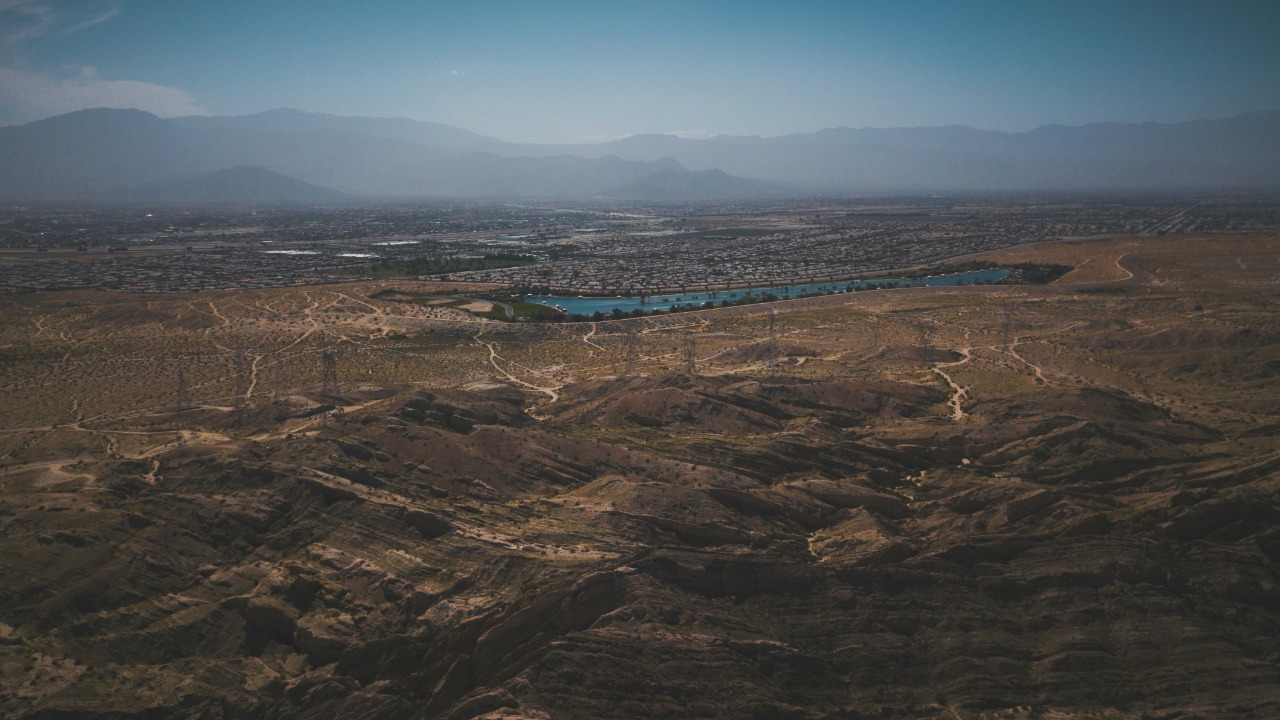
Ukraine’s expansive black soil regions have historically been a cornerstone of global food production, earning the nation the title of Europe’s breadbasket. However, as of November 2025, the once-fertile land is facing severe degradation. This transformation, a result of war-related disruptions and unsustainable practices, threatens not only Ukraine’s agricultural output but also worldwide food security.
Historical Abundance of Ukrainian Agriculture
Ukraine’s chernozem soils have played a significant role in global food production since the pre-20th century. These fertile lands have been exporting grains to feed populations across Europe and beyond, with massive yields of wheat and sunflower. Even during the Soviet era and post-independence periods, Ukraine’s contribution to global bread supplies was significant, despite the lack of modern mechanization.
Geographical advantages, such as the fertile steppe regions in central and eastern Ukraine, positioned the country as a top exporter of corn and barley. These regions, blessed with black soil, were instrumental in establishing Ukraine’s agricultural prowess.
The Breadbasket Legacy in Modern Times
In the 2010s, Ukraine’s agricultural output peaked, supplying over 10% of the world’s sunflower oil and significant portions of wheat. This output was instrumental in feeding billions in Africa and Asia. The economic impact of these agricultural exports was profound, supporting international aid programs during global shortages.
Specific locations like the Kherson and Odessa oblasts, with their vast farmlands, drove Ukraine’s status as a leading grain producer until recent disruptions. These regions were the backbone of Ukraine’s agricultural sector, contributing significantly to the country’s economy.
War’s Immediate Toll on Farmlands
Since 2022, military actions have contaminated Ukraine’s soils with unexploded ordnance and heavy metals, accelerating the process of soil degradation. This contamination has disrupted planting and harvesting cycles in frontline areas like Donetsk and Kharkiv, reducing yields and leaving fields fallow.
Farmers have reported lost infrastructure, such as destroyed irrigation systems, that exacerbate soil exhaustion. These testimonies highlight the immediate and devastating impact of war on Ukraine’s farmlands.
Environmental Factors Degrading Soil Fertility
Environmental factors have also played a significant role in the degradation of Ukraine’s soil. Overuse of chemical fertilizers and monocropping practices have depleted nutrients, directly contributing to soil starvation. Intensive tillage in regions like Poltava has led to erosion, with topsoil loss reaching critical levels over the past decade.
Climate change effects, including droughts and irregular rainfall, have compounded the degradation of the black earth layers. These changes have further stressed the already strained agricultural sector, threatening the country’s food security.
Chemical and Pollution Challenges
Pre-war agriculture practices have left a legacy of pesticides and industrial pollutants in the soil. This buildup, now intensified by conflict debris, is starving the soil of organic matter. Groundwater contamination in southern Ukraine is affecting long-term soil health and crop viability.
Studies have shown reduced microbial activity in affected fields, linking it to broader ecosystem decline. This decline in microbial activity is a worrying sign of the long-term impacts of soil degradation.
Restoration Efforts and Innovations
Despite these challenges, efforts are underway to restore Ukraine’s soil. Government and NGO initiatives, such as the adoption of no-till farming, aim to reverse soil starvation in recovering areas. International aid programs are providing organic amendments to rebuild fertility in war-damaged zones like Mykolaiv.
Farmers are also taking the lead in implementing sustainable practices. Examples of crop rotation and cover cropping are emerging, aimed at restoring the productivity that once allowed Ukraine’s farms to feed billions.
Implications for Global Food Systems
The decline in Ukraine’s agricultural output has far-reaching implications. With the soil now starving, world grain prices could spike, affecting billions reliant on its exports. Current degradation rates suggest potential shifts in global supply chains to other regions.
Policy recommendations for sustainable practices are crucial to prevent long-term famine risks tied to Ukraine’s agricultural heritage. These recommendations could help ensure that Ukraine’s farms continue to feed billions, preserving the country’s legacy as Europe’s breadbasket.
As Ukraine’s soil continues to starve, the world watches with bated breath. The fate of Ukraine’s farms is not just a national concern, but a global one. The restoration of these once fertile lands is critical for global food security, underscoring the importance of sustainable agricultural practices in the face of environmental and geopolitical challenges.
More from MorningOverview